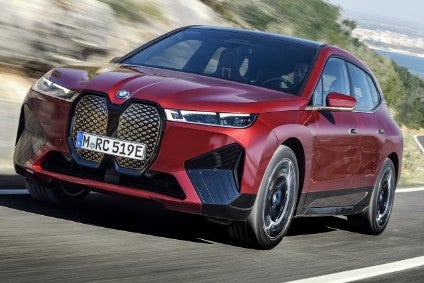
Sales of imported light passenger vehicles in South Korea continued to decline in February 2022, by nearly 13% to 19,454 units from 22,290 units in the same month of last year, according to registration data released by the Korea Automobile Importers & Distributors Association (KAIDA).
This followed a 22% decline in January and reflects the ongoing global shortage of semiconductors which continued to affect vehicle production worldwide.

Discover B2B Marketing That Performs
Combine business intelligence and editorial excellence to reach engaged professionals across 36 leading media platforms.
By contrast the local automotive industry enjoyed a moderate rise in domestic sales in February with leading manufacturers reported an improvement in semiconductor supplies.
Import sales were down by over 17% at 36,815 units in the first two months of the year from 44,611 a year earlier, with German owned brands accounting for over 77% of the total, or some 28,552 units. BMW was the most popular imported brand in this period with 11,206 sales, down just slightly year on year, while Mini sales fell 3.5% to 1,551 units. BMW strengthened its electric vehicle (EV) line-up at the end of last year with the launch of the iX1 and iX3 SUVs.
Mercedes-Benz sales rebounded strongly in February but volume was still down by over 19% at 9,375 units year to date despite the launch of the battery-powered EQS at the end of last year which it now sells alongside the EQA and EQC EV models. The company plans to launch four new models in South Korea this year, including the new C-Class, the battery-powered EQE sedan, the EQB electric SUV and the AMG EQS 53 4MATIC sedan, as well as upgraded CLS four-door coupe and AMG GT-4 coupe models.
Volkswagen sales were down by 23% at 2,321 units in the two month period while Audi sales plunged by over 46% to 2,496 units and Porsche sales were down by almost 9% at 1,454 units.
Volvo passenger vehicles sales fell by over 14% to 2,051 units in the first two months of the year. The Swedish company launched the C40 Recharge EV in February, the first of seven battery-powered models it plans to launch by 2030 by which time it expects to have a fully electric product line-up. At the end of last year it launched its Polestar EV brand in this market.
The association does not cover Tesla sales which were reported separately to have increased by 50% to more than 17,800 units last year, making it the country’s largest EV importer.






